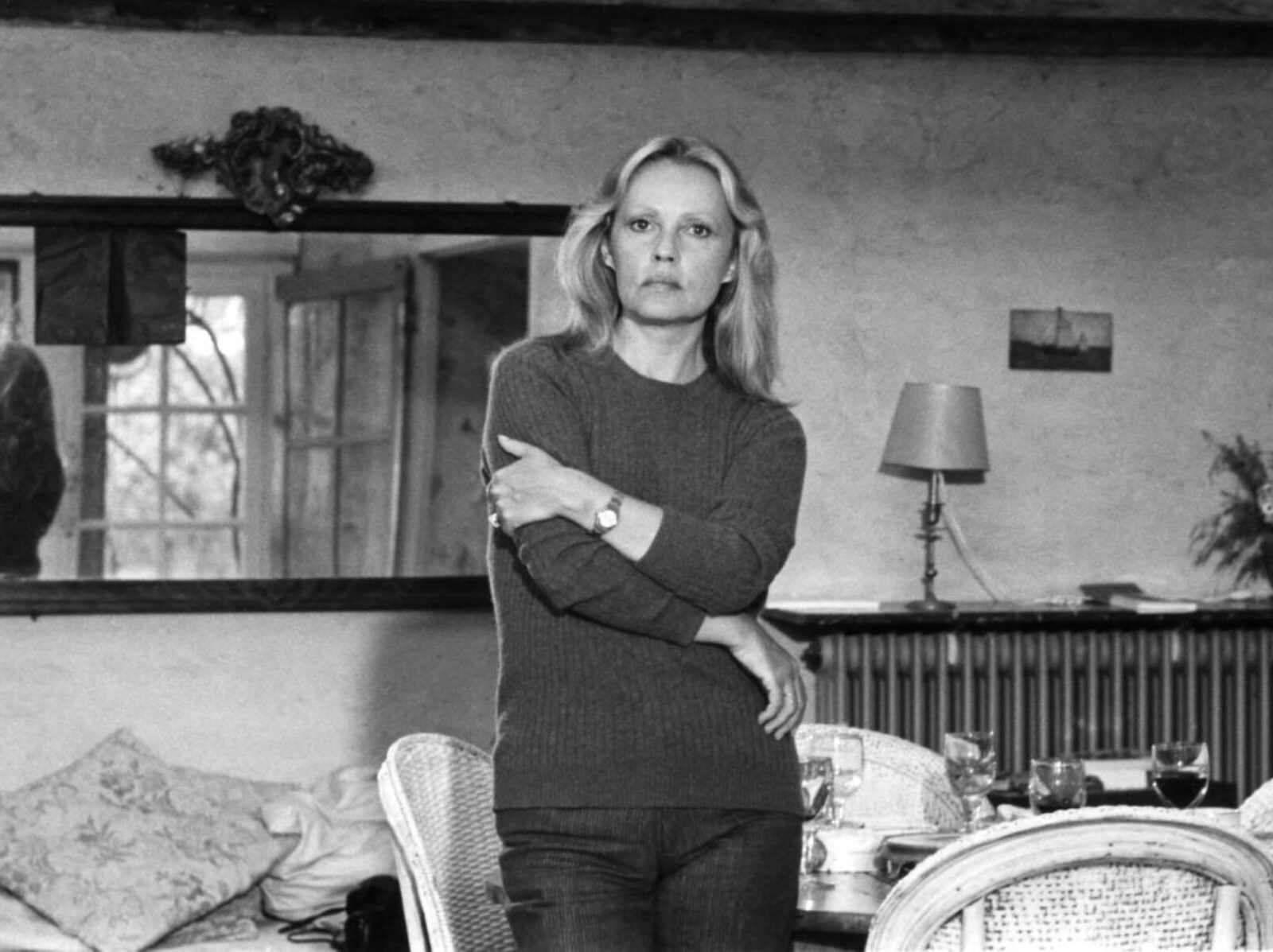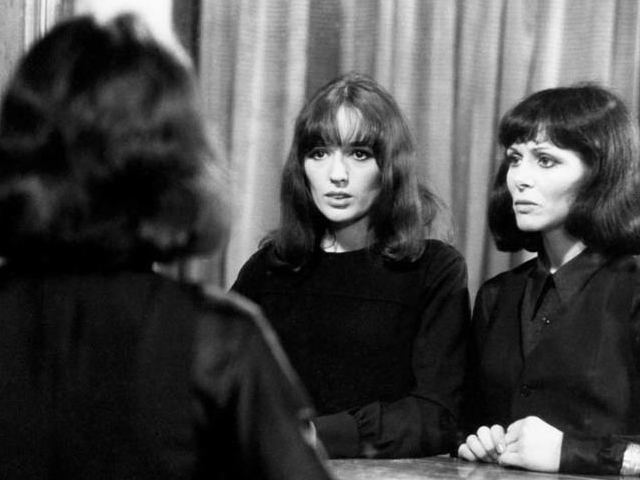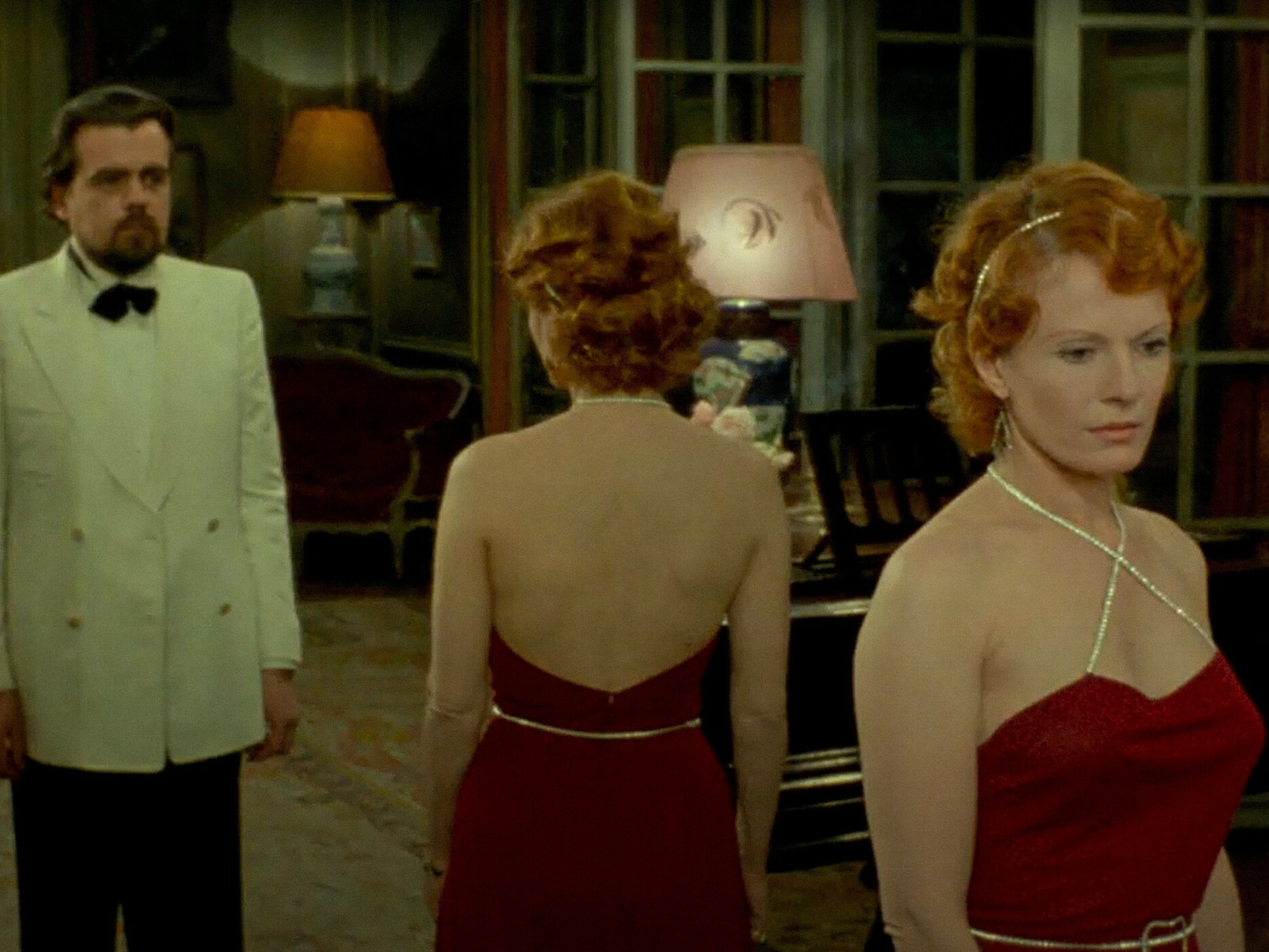Marguerite Duras
Marguerite Duras, pseudonym of Marguerite Donnadieu (1914–1996), was a French writer, filmmaker and playwright. She rose to prominence after the publication of her novel L’amant (1984), a story about a young girl and her older Chinese lover, earning her the prestigious Prix Goncourt. Duras’s literary work is characterised by an interest in human sexuality and love or the impossibility of love especially. Her style uses a so-called “écriture de silence”, a form of associative, often seemingly illogical writing. Her other books include La pluie d'été (1990), Le ravissement de Lol V. Stein (1964), L’amant de la Chine du Nord (1991), Yann Andréa Steiner (1992) and Écrire (1993), a book reflecting on the act of writing itself. She is also known for her many screenplays, the most notable being Hiroshima mon amour (1959) by Alain Resnais. As a director, her filmography includes La femme du Gange (1974), India Song (1975) and Les mains négatives (1978). A series of recorded conversations between Duras and Jean-Luc Godard, Duras/Godard Dialogues, were recently published by Film Desk Books.





